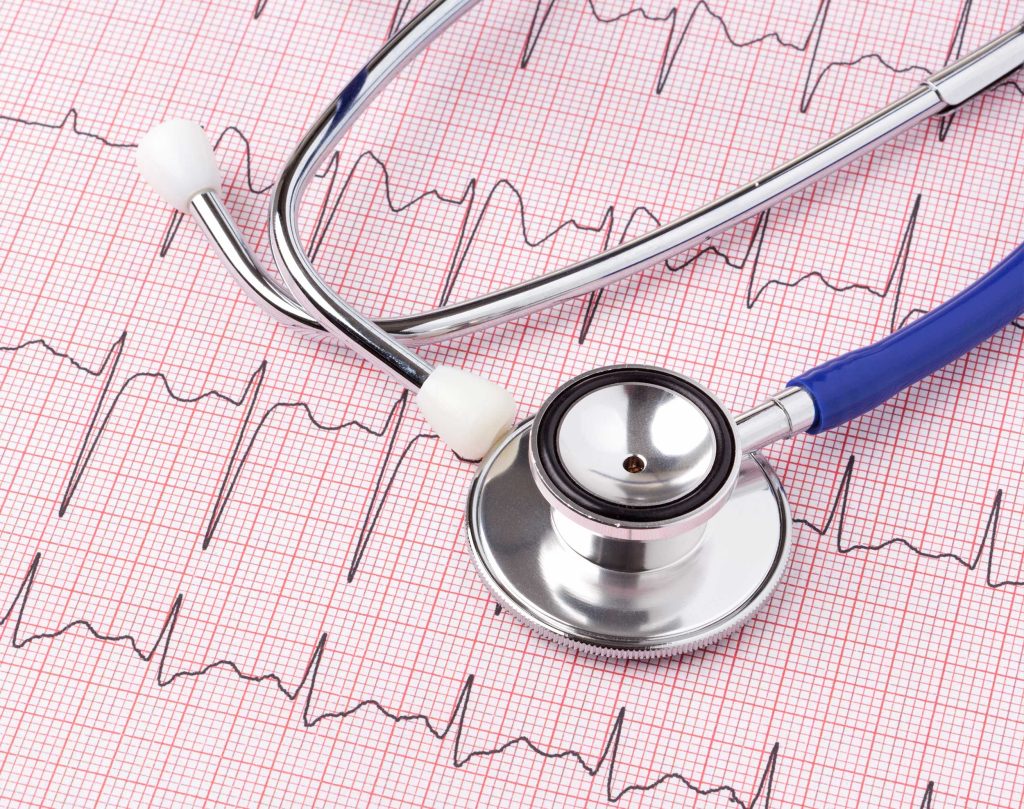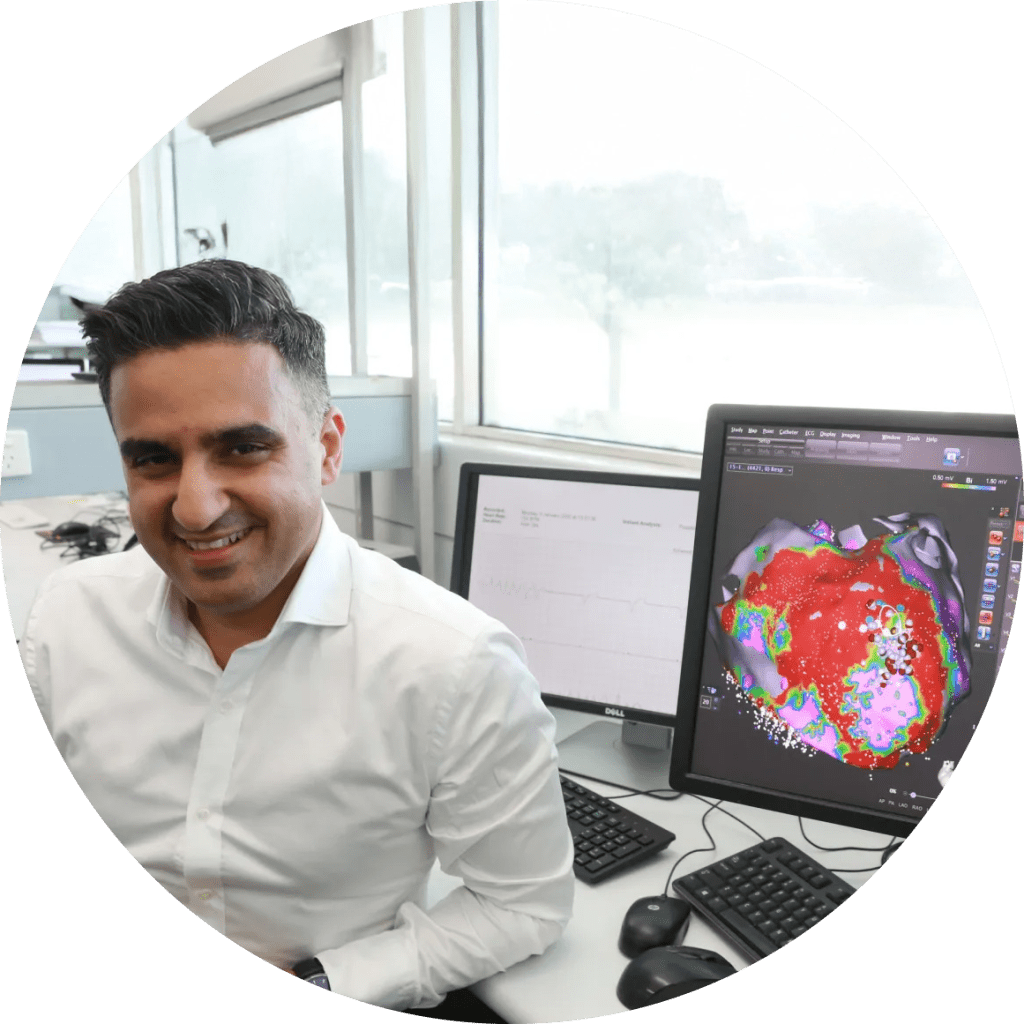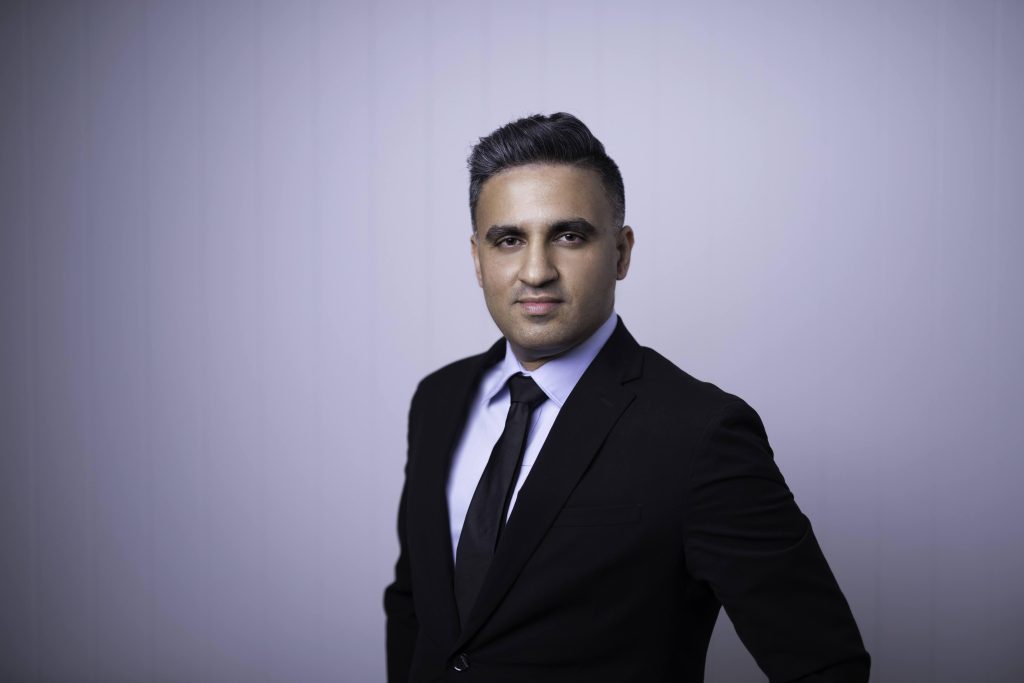Arrhythmia Diagnosis & Management

Expert evaluation and advanced treatment for heart rhythm disorders.
Heart rhythm disorders—also known as arrhythmias—occur when the electrical signals that control the heartbeat become irregular, too fast, or too slow. While some arrhythmias are harmless, others can increase the risk of stroke, heart failure, or sudden cardiac death if left untreated. Early and accurate diagnosis is key to managing these conditions effectively and safely.
As a leading Cardiologist and Interventional Electrophysiologist based in Sydney, A/Prof Saurabh Kumar specialises in the comprehensive assessment and management of arrhythmias. He offers cutting-edge diagnostic tools and treatment strategies tailored to the unique needs of each patient, from common palpitations to complex inherited rhythm syndromes.
Understanding Arrhythmias
A normal heart beats between 60 and 100 times per minute in a regular, coordinated rhythm. Arrhythmias disrupt this pattern, leading to symptoms such as:
- Palpitations or a fluttering sensation in the chest
- Light-headedness or fainting (syncope)
- Shortness of breath
- Fatigue or reduced exercise capacity
- Chest discomfort
In some cases, arrhythmias may be completely silent and only discovered during routine ECG testing or cardiac monitoring.

Common Arrhythmias Diagnosed and Managed
Atrial fibrillation (AFib)
The most common sustained arrhythmia worldwide, affecting more than 500,000 Australians. It causes irregular and often rapid heartbeats and increases the risk of stroke by up to five times.
Atrial flutter
Supraventricular tachycardia (SVT)
Fast heart rhythms originating from the upper chambers of the heart. Subtypes include AV nodal reentrant tachycardia (AVNRT) and atrioventricular reentrant tachycardia (AVRT).
Ventricular tachycardia (VT)
Ventricular fibrillation (VF)
Premature ventricular contractions (PVCs) and premature atrial contractions (PACs)
Sinus node dysfunction
Atrioventricular (AV) block
Long QT syndrome and other inherited channelopathies
Syncope of cardiac origin
Advanced Diagnostic Services
- Electrocardiogram (ECG) interpretation – a fundamental test that records the heart’s electrical activity at rest. It provides immediate insights into rhythm disturbances.
- Holter and event monitoring – portable devices worn over 24 to 72 hours or longer to capture intermittent arrhythmias. These are particularly useful in patients with sporadic symptoms.
- Tilt table testing – a specialised test to evaluate unexplained fainting or dizziness, especially in cases of suspected vasovagal syncope or orthostatic intolerance.
- Signal-averaged ECG – a refined form of ECG used to detect subtle electrical abnormalities that may predispose to ventricular arrhythmias.
- Genetic assessment and counselling – for patients with a personal or family history of inherited arrhythmias, sudden cardiac death, or unexplained syncope. Testing is coordinated with specialist genetics teams where required.
Cutting-Edge Treatment Options
Once an arrhythmia is identified, management is tailored to each individual based on their symptoms, underlying heart health, and risk profile. A/Prof Kumar provides both medical and interventional options, including:
- Medication therapy – antiarrhythmic drugs may be prescribed to control the heart rhythm or rate, or to reduce the risk of clot formation in conditions such as AFib.
- Catheter ablation – often considered for recurrent or symptomatic arrhythmias. This minimally invasive procedure targets and neutralises the abnormal electrical pathway causing the rhythm disturbance.
- Device therapy – including pacemakers for bradycardia and implantable cardioverter defibrillators (ICDs) for patients at high risk of life-threatening arrhythmias.
For particularly complex or treatment-resistant cases, A/Prof Kumar also offers:
- Radiation therapy for refractory VT – a non-invasive option for patients with life-threatening ventricular arrhythmias not responding to medication or ablation.
- Surgical (open chest) catheter ablation for refractory VT – performed in collaboration with cardiothoracic surgeons in a hybrid operating environment, this advanced option is reserved for the most challenging cases.
Integrated, Individualised Care
A/Prof Kumar’s approach to arrhythmia management is holistic, data-driven, and deeply personalised. He combines his clinical expertise with state-of-the-art technology and a commitment to long-term follow-up care. Whether the goal is to restore normal rhythm, reduce stroke risk, or prevent sudden cardiac death, every patient receives a clear, evidence-based treatment plan aligned with their lifestyle and values.
With access to Westmead Hospital’s hybrid laboratory, specialist imaging teams, and the latest in rhythm management technology, A/Prof Kumar ensures patients benefit from the very best in modern cardiac care—without unnecessary delay.


Take Control of Your Heart Health Today.
A/Prof Saurabh Kumar brings over 15+ years of clinical expertise to the care of patients with heart rhythm disorders and general cardiac conditions. He is widely regarded within the Australian cardiology community and internationally for his depth of knowledge, collaborative style, and commitment to patient-centred care.
He holds dual roles as a Staff Specialist Cardiologist and Cardiac Electrophysiologist at Westmead Hospital and Clinical Associate Professor of Medicine at the University of Sydney. He currently serves as the Program Director for Ventricular Arrhythmias and Sudden Cardiac Death at Westmead Hospital and is the Translational Electrophysiology Lead at the Westmead Applied Research Centre, University of Sydney.